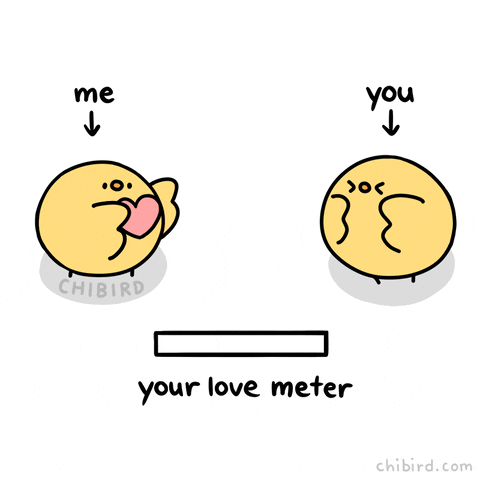
This logo isn't an ad or affiliate link. It's an organization that shares in our mission, and empowered the authors to share their insights in Byte form.
Rumie vets Bytes for compliance with our
Standards.
The organization is responsible for the completeness and reliability of the content.
Learn more
about how Rumie works with partners.
It can be difficult to know the right words to say when a friend or family member tells you that they have a lifelong illness, such as Alzheimer's disease.
Do you tell them that everything will be ok? Talk about something else?
Let's talk about how you can be there for them.
 Photo by Esther Ann on Unsplash
Photo by Esther Ann on UnsplashOffer Help In Concrete Ways
You can...
Drive them to a doctor's appointment
Pick up groceries
Sit with them and listen when they need someone to talk to

Change How You Communicate
 Photo by James Hose Jr on Unsplash
Photo by James Hose Jr on UnsplashThe way you talk to and with your loved one as the disease progresses will change. Here are some tips to help:
Let them know it's ok to feel how they are feeling
Listen with respect and compassion
Share good memories to help relax them
Use humor when appropriate
Allow plenty of time for your loved one to respond during conversations
Did you know?
This Byte was created by a volunteer professional that wanted to share this insight to help you succeed - no agenda, no cost.
What Not To Do

Don't shout at or talk really loudly to the person as if they were a child.
Don't pull away or avoid them. They need your friendship and support.
Don't talk about them like they aren't in the room. Speak directly to them.
Don't minimize their feelings. This can do more harm than good.
Don't give unsolicited advice. Instead, ask "How are you doing this week?"
Quiz
What would be a good example of what you could say to a loved one diagnosed with Alzheimer's?
It is always a good idea to ask the person what exactly they need help with. The other statements may make the person feel worse or that you aren't listening to what they need or say.
Take Action
If you have a loved one that has been diagnosed with Alzheimer's disease, here are a couple of resources to get more information on the disease and how you can help.
This Byte has been authored by
Stephanie Euland
Instructional Designer/Educator